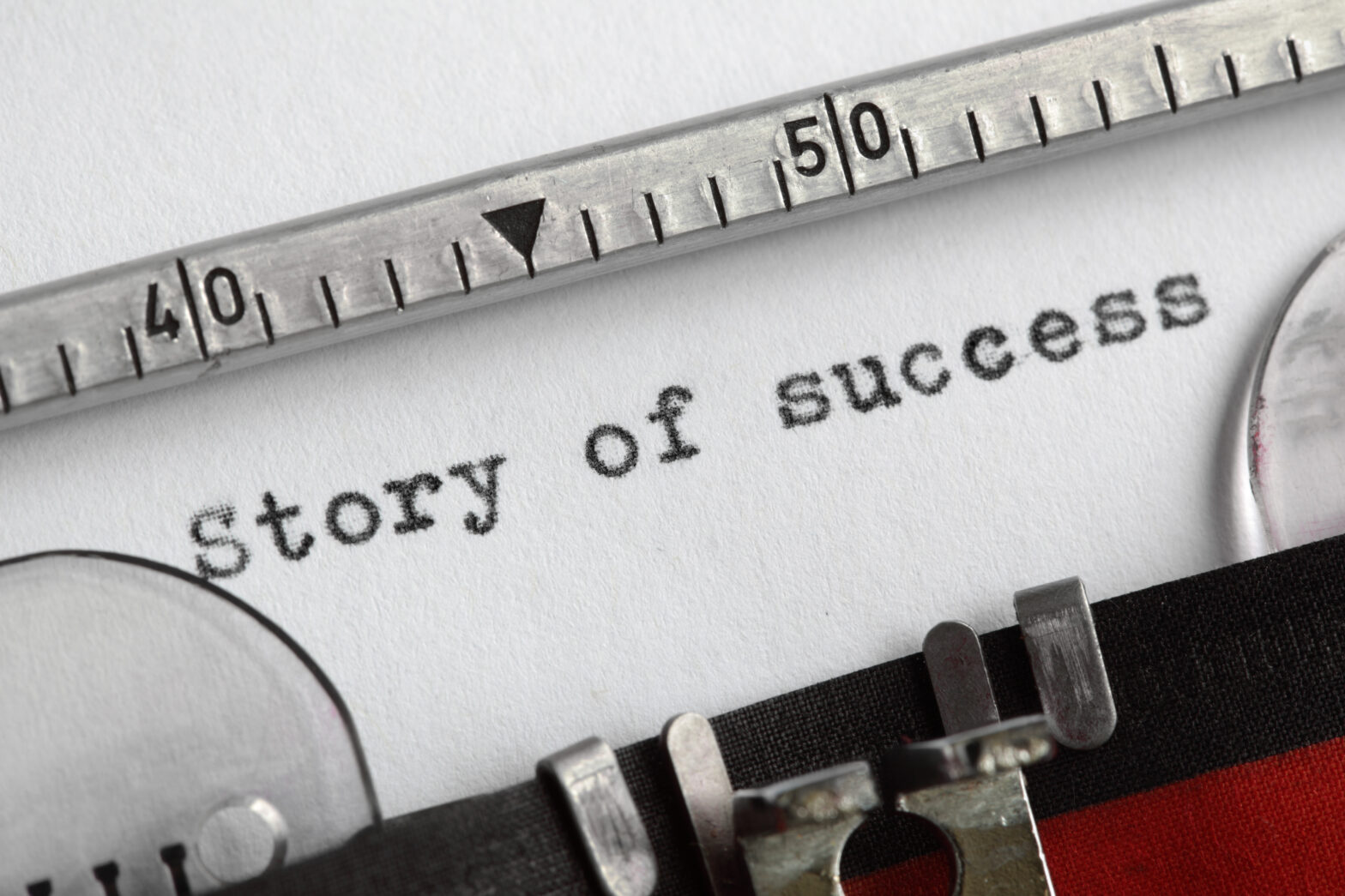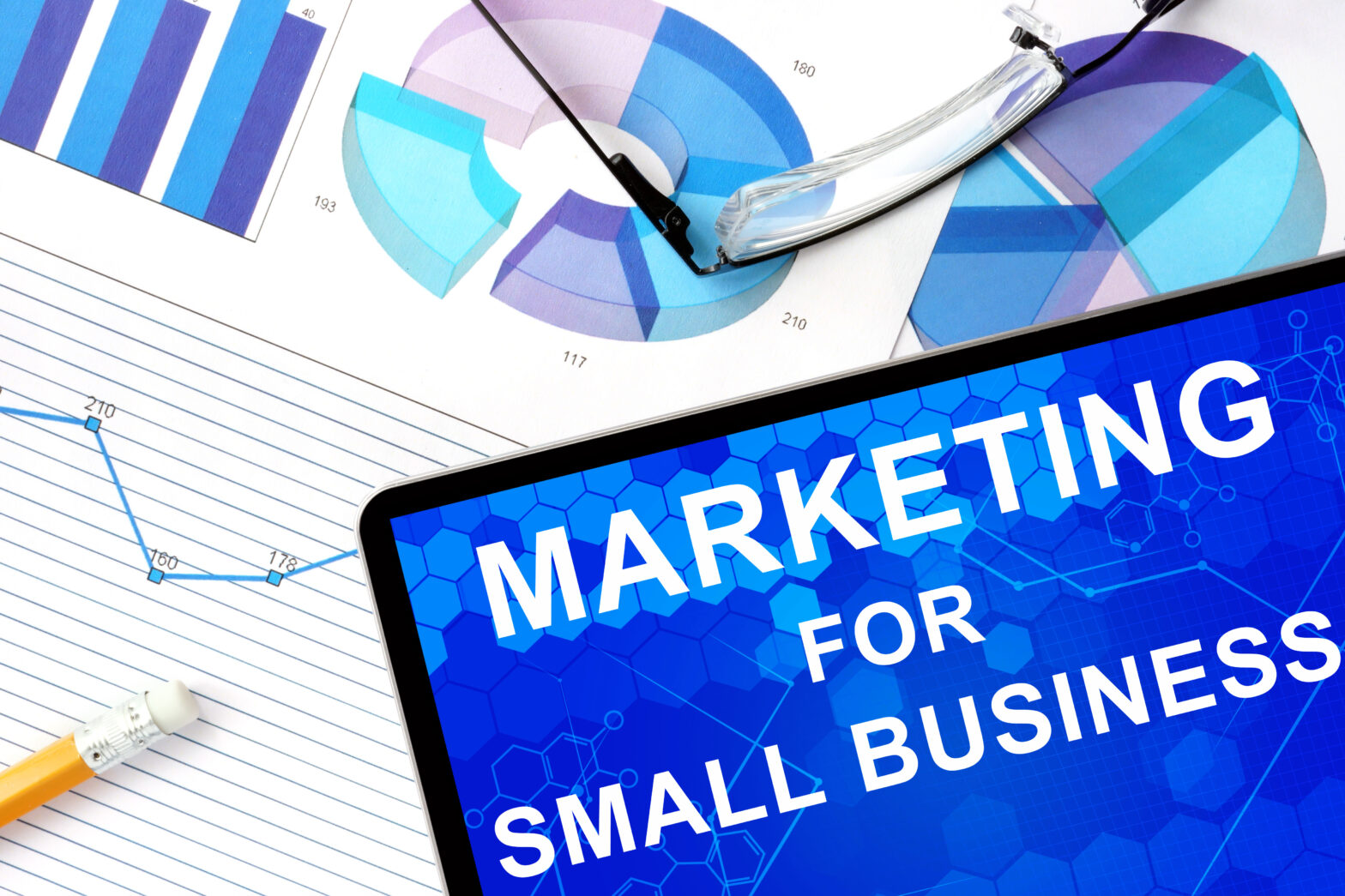They say everyone has a story in them, and that goes for your business journey as much as your personal musings on life. We humans are hardwired to relate to stories; it’s how we learn, how we rationalise and how we make sense of the world – which is why storytelling is such an intrinsic part of early education. But storytelling shouldn’t stop at school.
In my time as a documentary filmmaker, working on projects that ranged from military combat to drug addiction, I encountered numerous people that wouldn’t for a moment believe anyone would be remotely interested in them, their lives, their stories. Yet reality is often stranger than fiction, and the fact that we’re all so inherently unique makes every single one of us deeply fascinating subject matters.
For audiences, it’s flattering to witness the nuances, quirks and idiosyncrasies that set individuals apart, which is why the medium of documentary resonates so much. Taking inspiration from my days at the BBC, I’ve since made it my mission to champion the role of storytelling in successful marketing campaigns as I truly believe it’s the best way to connect with customers. Here’s why.
Are you sitting comfortably?
In a world of cookies, pay-per-click, retargeting and algorithmic advertising, we’ve been led to believe that consumers now get more out of marketing than ever before, with automated ads following in the wake of our online surf, displaying relevant content based on user behaviour.
But what use are these highly-targeted tactics if the ads themselves are lost before having a chance to hit home, drowned out in the white noise of the web because they shout sales babble rather than offering any sort of tangible value, insight or intrigue? If you search for ‘how many ads are we exposed to each day?’, millions of conflicting results will be returned quoting spurious figures that range from 250 to 10,000. Whatever the true number is, the fact remains: it’s a lot, and we’re tired of it.
This constant bombardment has led to an ambivalence towards traditional advertising, so much so that marketers must now contemplate life after Adblock, putting an emphasis on producing quality content rather than simple ‘BUY NOW’ messaging in an effort to win back consumer trust and prompt real brand engagement.
That’s the key word that marketing managers bang on about these days – ‘engagement’, suggesting participation in a two-way relationship. You have something of value and the goal is for your audience to take note, listen and ‘engage’ accordingly.
However, it’s easy to get bowled over by performance stats, such as the number of impressions, clicks and views your campaigns achieve, and mistake these for engagement. Surely the only metric that really matters is your conversion rate, and the best way to judge how ‘engaged’ your audience is comes when looking at your bottom line.
Chances are you could be doing a lot better than you currently are, and a quick remedy route to boost engagement is to open up, show the world who’s behind the logo, tell us why you’re in business, what you believe in, what you want to achieve and demonstrate how your products or services can really add value to our lives.
You have to be unique to make people think, real to make people feel, and the best way to boost your brand is literally staring you in the face, looking at you from the other side of the mirror.
Look who’s talking
Ultimately, owing to millennia of evolution, the human mind has been programmed to recognise and respond to faces, so personalising your marketing output is guaranteed to get you noticed. Behavioural psychologist and founder of The Team W, Dr. Susan Weinschenk has conducted extensive research into the Fusiform Face Area of the brain (responsible for facial recognition), and she says, ‘Whenever you have a video and there’s someone talking, and you see their face, then that’s going to really capture attention…that part of the brain is connected to the emotional areas of our brain, so when you can see someone’s face, you’re not only paying attention, you’re really processing emotional information in a deeper way.’
Taking off the corporate mask and giving some real insight into your operations invites the audience in, building a rapport that frames you as a reliable and trustworthy trader. In recent years, we’ve used this mantra while working with Bristol-based Power Electrics, helping to tell their story with impressive results:
This video gives you a real flavour of the company culture, introducing you to two customer-facing team members, ie the transport manager and business development director, as well as three genuinely satisfied customers, painting a vivid picture of the people behind the business and what it’s like to work with them.
Take note of their confident approach: ‘Having our own transport fleet means we’re in complete control’. Listen as they showcase their dedication: ‘We have accreditations in health and safety, environmental and quality…it’s a statement to our customers and employees that we aim to achieve very high standards’. Feel reassured by the glowing testimonials: ‘I continue to work with them because they’re reliable, reputable and always there when you need them’.
It’s details such as these, delivered by real people rather than actors, that can sway business decisions. Anyone can read a script, but stepping behind the scenes allows a much more authentic experience, one that creates a deeper connection with the brand.
If telling your story really isn’t your thing then you should, at the very least, ask your customers to share their experiences of working with you. People love buying from people, and peer-to-peer influence is extremely productive in pushing potential clients through the pipeline, so get out there and start producing some case studies.
Telling your story for business glory
Video is a fantastic medium for telling your story, working especially well when using real people, and recent research should prompt you to start shooting; Cisco’s Visual Networking Index predicts 82 per cent of all consumer internet traffic will be video by 2020, so you should take video marketing seriously if you want to stay ahead.
Telling your story can certainly help attract new customers, and also solidifies relations with current ones. Another bonus is improved staff loyalty, as employees get the full picture and learn what it really means to be a part of your team.
Power Electrics told their story, and they lived happily ever after, with improved engagement and continued success. So could you.
Jon Mowat is the man behind video production agency Hurricane Media.





